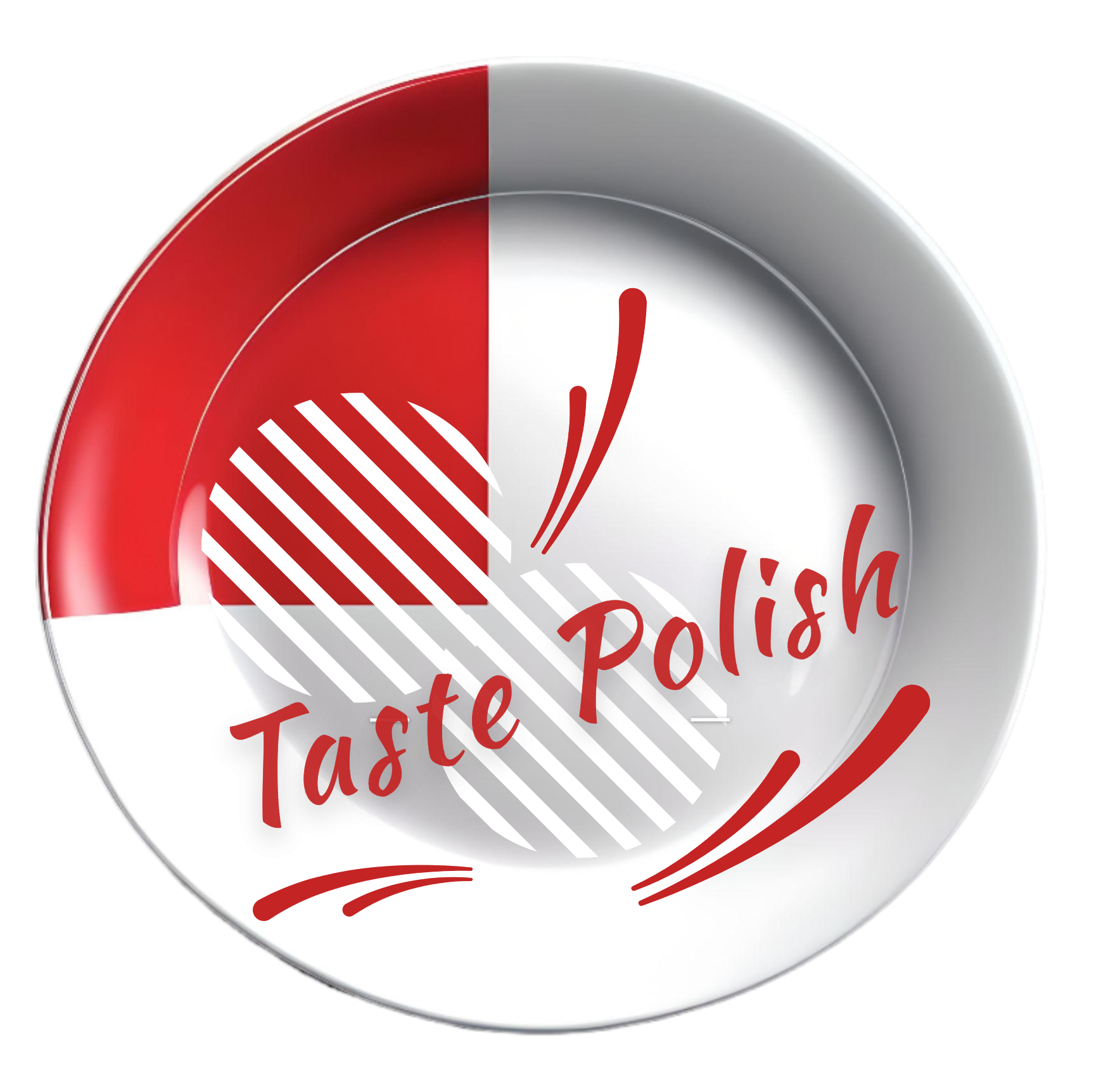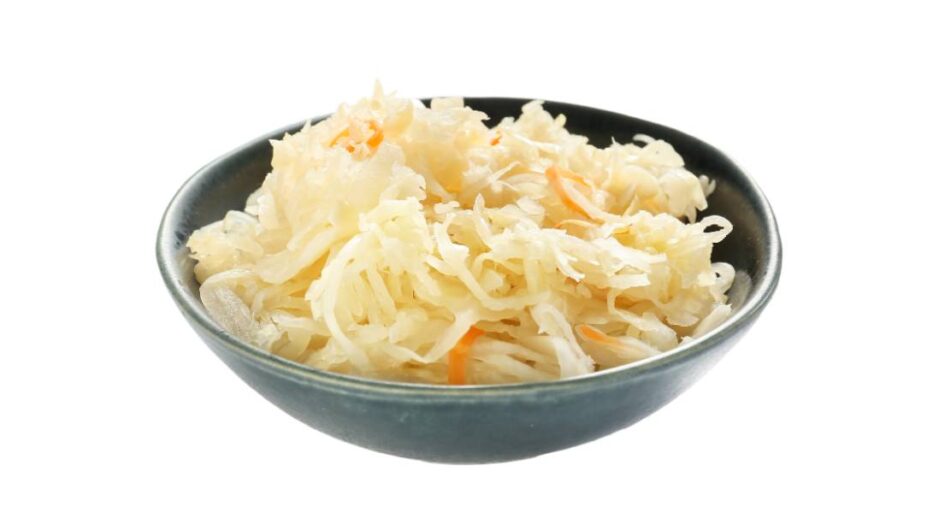Pickled cabbage shouldn’t feel so strange to the people who used to pickle eggs and add vinegar to chips but my personal experience tells me that it takes a while for a Brit to muster his/her/their courage and try it. Anyway, with all the possible vegetable preserves, cabbage which is widely known in English as sauerkraut (if naturally pickled), made it to most of the world and became a staple food for several European countries. However, as it always happens with the most efficient inventions, it originated somewhere in the far east of Asia (China probably) and came to us on the backs of Mongolian (Tartars’) horses. You could bet that this practical “detail” helped the hordes of Chingis Han in conquering almost all of Eurasia and creating their enormous empire. Later, it also facilitated British fleet domination around the World, being the only, cheap, long-lasting and totally versatile source of vitamin C (and K), preventing not only scurvy but most likely keeping the sailors in good health during the long weeks of their duty.
And this is the secret of pickled cabbage’s popularity in the world. It is extremely healthy not just because of the vitamin content but also thanks to minerals, electrolytes and … most importantly … bacteria. Yes, the natural process of pickling food like that is basically founded on growing bacteria cultures which by rising acidity prevent it from further decay. Contrary to the sanitary prejudice, food with many bacteria cultures can be good for your stomach. It has been very recent progress in medicine about the understanding of how much the healthy (meaning full of useful microbes) gut can contribute to your health, hence the products on the market which are advertised as containing “living cultures”. Well, here’s a product which is cheap and has been popular for ages. Sauerkraut can be eaten raw or cooked. On its own it’s not the most pleasant culinary experience however I personally quite like the refreshing sensory shock it gives to your taste buds. Well, I have been eating that stuff since I was a toddler. However, I do understand that some people may experience less positive sensations. But then it is hardly ever consumed that way. You simply mix it with other stuff and create a combination in which the intense sourness complements the flavour pallet of the dish. If you go to a grocery in Poland, you may find a whole exhibition of so-called ready-mixed “salads” (the word “salatka” is usually translated that way but means completely something different), many of which would include sauerkraut. Some examples can be found here.

